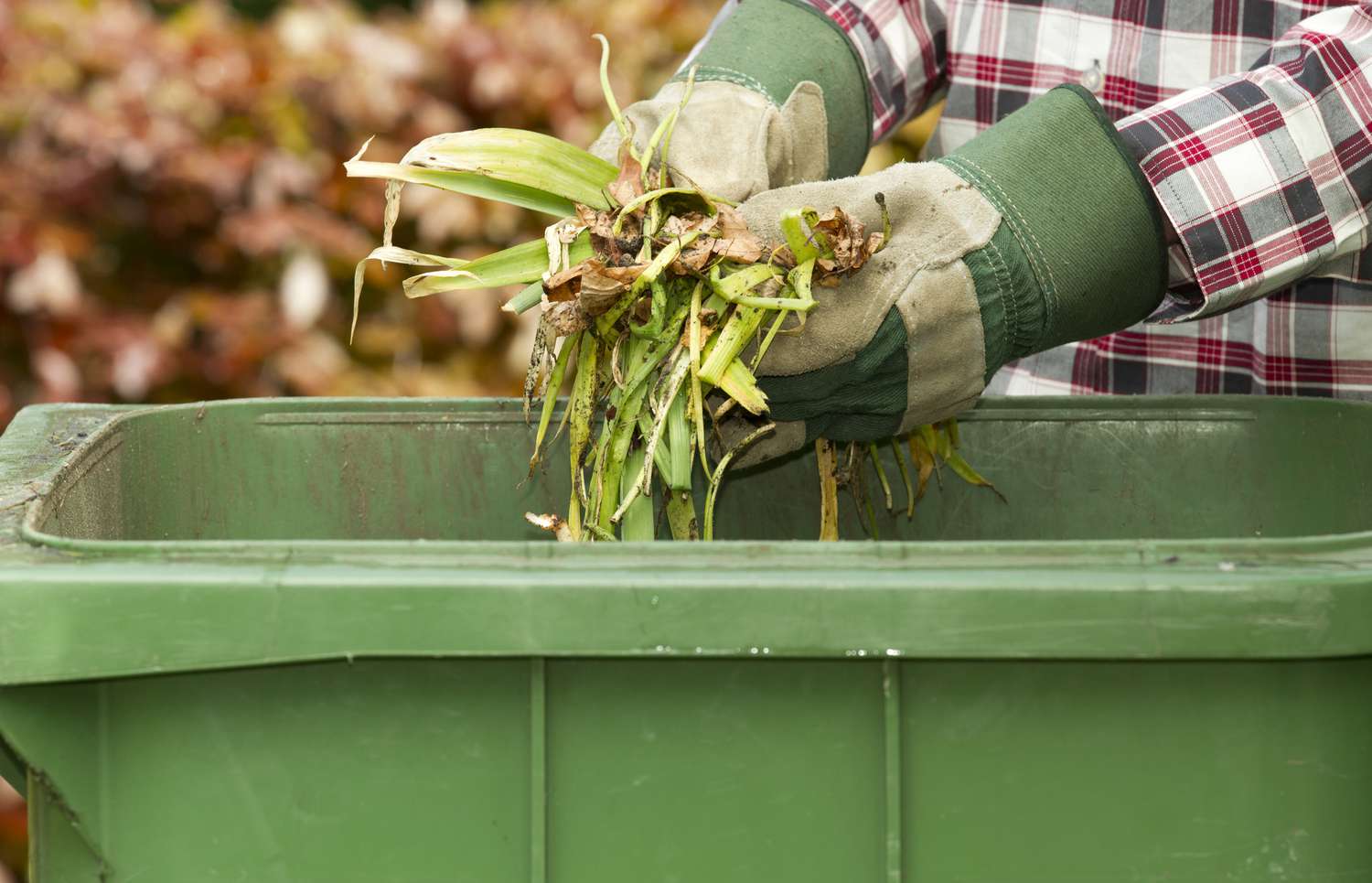Imagine walking through your home or office and seeing overflowing bins, scattered plastic bottles, or piles of paper. It not only looks messy, but also harms the environment and makes everyday life less organised. Whether it’s leftover food, old electronics, or office files, managing waste properly is the most important thing you need to focus on.
It helps save money, keeps your space tidy, and protects the planet. Moreover, regular household, workplace, and garden waste collection is also necessary to ensure compliance with regulations and reduce the risk of fines.
Responsible waste management isn’t complicated. It involves making smart choices that have a big impact. Let’s explore how you can manage household and workplace waste responsibly.
Effective Strategies to Manage Waste Responsibly
Understand the Different Types of Waste
Before you can manage waste, you need to understand the different types. Household waste often includes food scraps, packaging, plastics, and old clothes. In workplaces, waste may involve paper, electronics, and office supplies. Once you know the categories, it’s easier to separate them correctly.
Organic waste, such as food, can be composted, recyclable items can be processed, and hazardous waste needs special care. When you recognise the difference between what can be reused, recycled, or safely discarded, you can create a more organised and effective waste management plan.
Reduce Waste
The most effective way to manage waste is to produce less of it. You should focus on how often you buy items you don’t really need or accept plastic bags when you can carry a reusable one. At work, unnecessary printing is a common waste issue.
You reduce the amount of rubbish from the start by being mindful. You should plan your purchases carefully, buy in bulk when it makes sense, and avoid products with excess packaging. These small actions not only reduce waste but also save you money and reduce clutter in your daily environment.
Reuse Items
Before throwing something away, you must check if it can be used again. Many items in your household or workplace have a longer life than you think. For example, glass jars can be used for storage, old clothes can be repurposed into cleaning rags, and office folders can be reused after slight adjustments.
You can donate old equipment instead of discarding it. Reusing saves resources and reduces the demand for new products, which helps lower environmental impact. By developing a reuse mindset, you give new life to items that might otherwise go to waste.
Separate Waste Properly
One of the simplest yet most important steps is separating waste correctly. You should keep separate bins for recyclables, food waste, and general rubbish. In workplaces, you can label bins to make it easier for everyone to follow the system. This habit prevents recyclable items from being contaminated with food or liquids.
At home, you can teach your family members to follow the same routine. When waste is separated correctly, recycling centres can process it efficiently. As a result, less waste ends up in landfills. It means proper separation is the foundation of responsible waste management.
Prioritise Recycling
It is one of the best ways to handle waste responsibly. At home, you can recycle plastics, paper, glass, and metals. Many councils provide recycling services that make this easy. At work, you can set up collection points for paper and cardboard.
By recycling, you help reduce the demand for new raw materials and prevent useful items from being wasted. It also lowers energy use compared to producing new products from scratch. Recycling requires a little effort. However, once it becomes a routine, it feels natural and rewarding.
Educate and Involve Others
Responsible waste management is not just an individual task. It’s a collective effort. At home, you should involve your family by teaching children the importance of recycling and reducing waste. At work, you can run awareness sessions or put up posters near bins to remind staff of the system.
It helps create a culture of responsibility and ensures that waste management becomes second nature. As a result, the process becomes easier and more effective for everyone.
Hire Professionals
Sometimes, managing waste on your own can be challenging, especially in workplaces or larger households. Hiring professionals for domestic or commercial waste collection can be helpful regarding this. Experts know how to handle all types of waste, including hazardous or bulky items, in the safest and most eco-friendly way.
For offices, professional services ensure compliance with legal disposal regulations. Meanwhile, for homes, they can help with large clear-outs or recycling collections. By outsourcing waste management, you save time, reduce stress, and ensure your waste is handled properly and responsibly.
Bottom Line
Managing waste at home and work isn’t just limited to keeping your space clean. It involves focusing on protecting the environment, saving money, and building sustainable habits. By taking responsibility and practising the aforementioned strategies today, you can contribute to a cleaner and healthier tomorrow.

